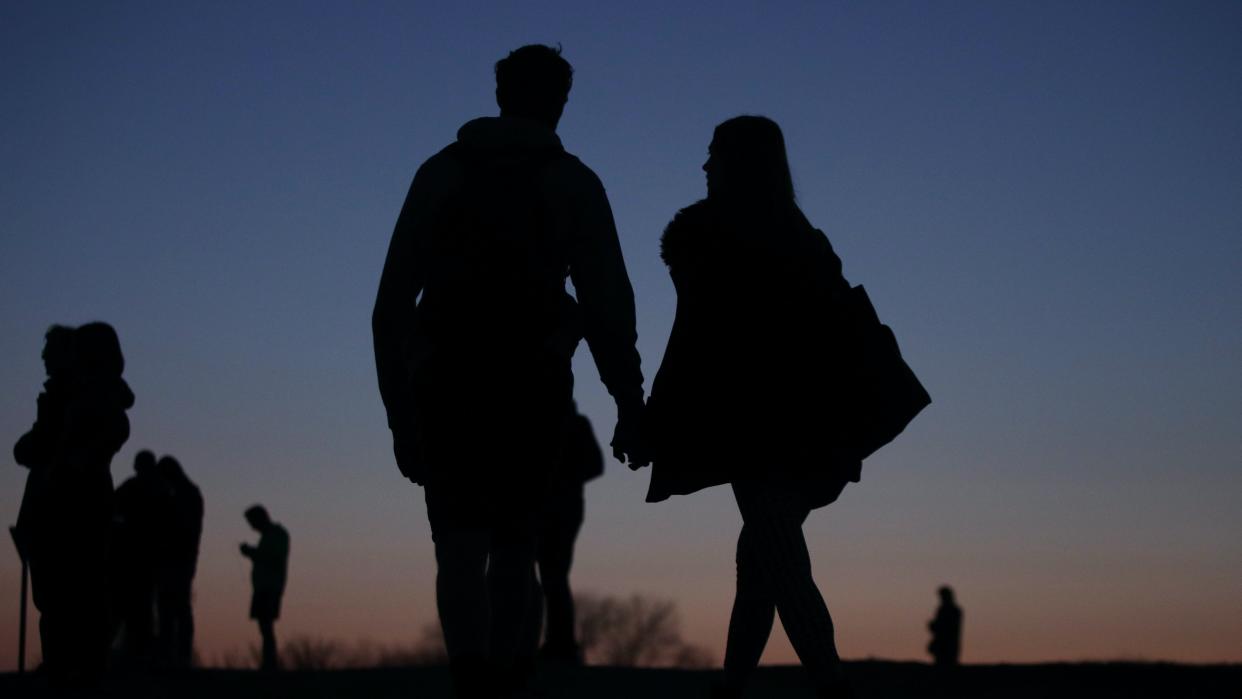Fathers and partners feel they need to ‘stay strong’ in face of baby loss

Fathers and partners are under pressure to “stay strong” when a baby dies during pregnancy or shortly after birth, according to a new poll.
Almost three-quarters (73%) of people surveyed by the charity Tommy’s said dads and partners felt they had to be the strong one, with more than half (52%) saying they wanted them to be given mental health advice.
Some 1,159 people responded to the poll, of which 248 were dads or partners, and 989 had personal experience of baby loss or knew someone who had lost a baby.
More than half (58%) of dads and partners reported feeling helpless and lost after their baby died, with 64% of all respondents saying dads and partners who experienced loss needed help to open up.
Some 57% of dads and partners felt protective of their other half – which Tommy’s says may leave them suffering in silence.
A study last month from the Tommy’s National Centre for Miscarriage Research revealed that one in 12 partners developed long-term symptoms of post-traumatic stress after the loss of their baby.
Tommy’s chief executive, Jane Brewin, said: “From the moment a couple finds out they’re pregnant, they can start to imagine their baby’s future – so having those hopes and dreams taken away can have a deep and lasting impact on both parents and they both need access to specialist support.
“Nobody should be left feeling powerless and vulnerable, struggling alone under the weight of their grief, not knowing how to cope or where to turn.
“We want to be there for everyone who experiences the heartbreak of baby loss so that no-one has to suffer in silence.”
Tommy’s has launched a new campaign to help dads and partners and is raising funds to create an information and support hub tailored to their needs.
Adam Carrick, who experienced four losses while he and his wife Sarah tried for a second child, said: “At the time, I didn’t want my family to know that my mental health wasn’t good.
“You feel like you may be getting judged, and people will remember that you were crying or struggling.
“When it first happens, you’re in denial. I couldn’t bear it; I wanted what I called ‘the situation’ to be over.
“I definitely would’ve dealt better if I felt there was somewhere that I could go – to speak to people in the same circumstances.”

 Yahoo Movies
Yahoo Movies 
